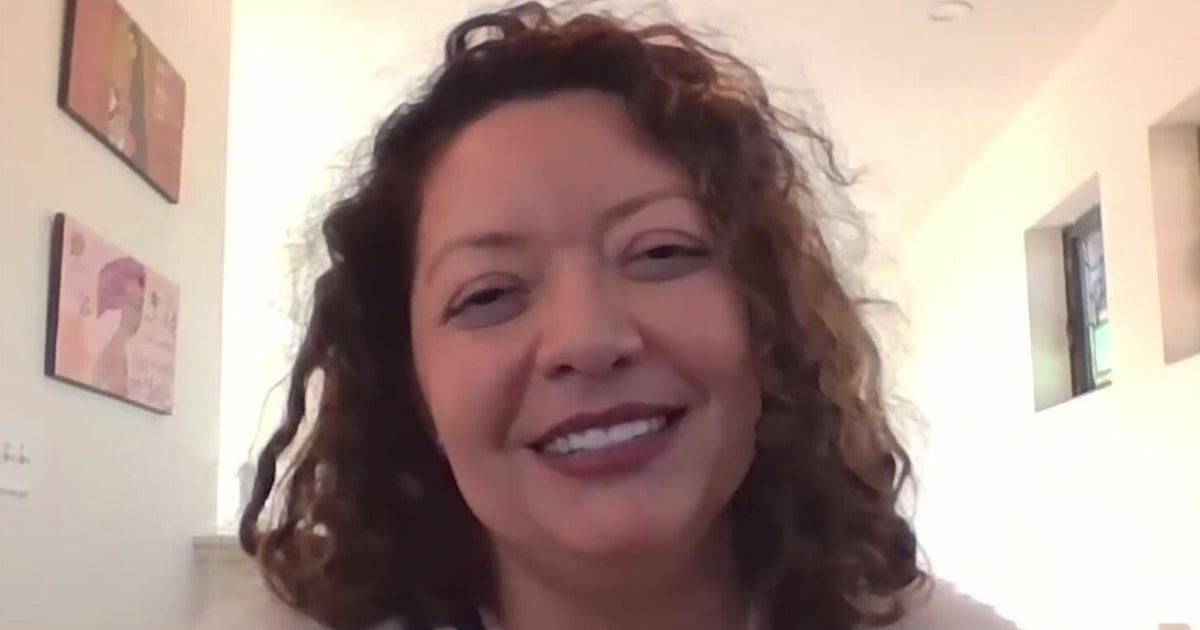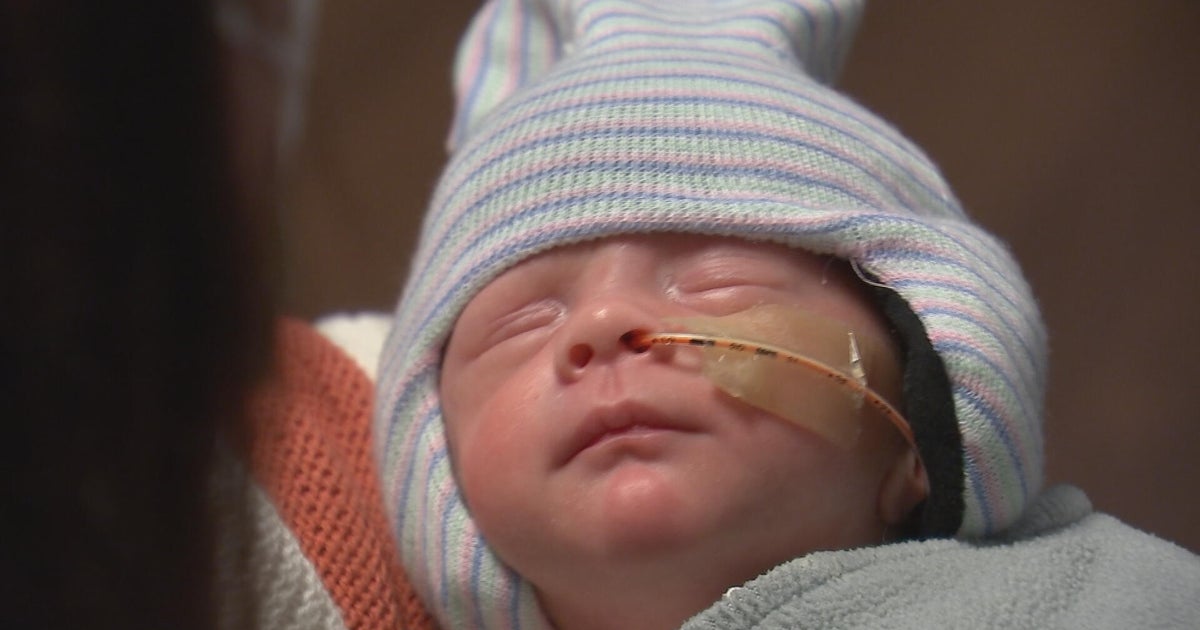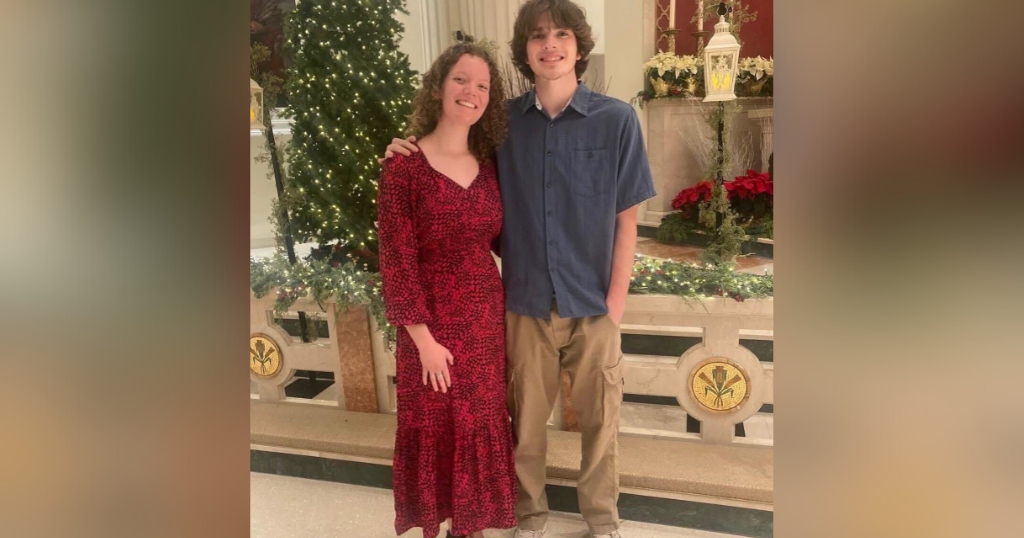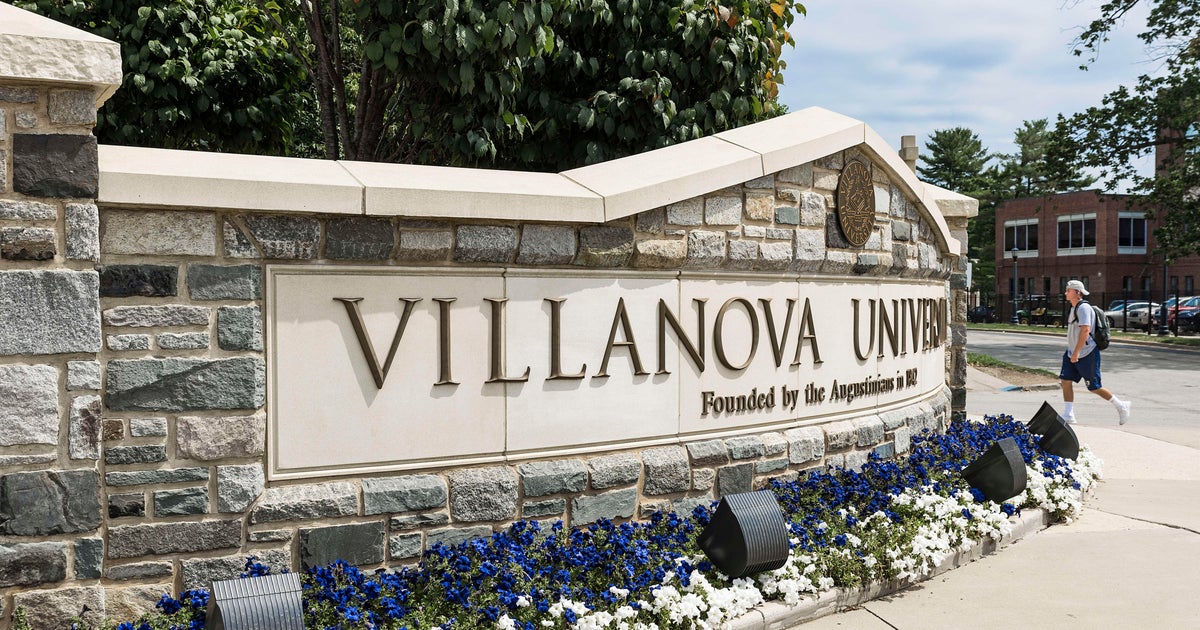Pennsylvania college students seek to put voter participation over party
State College, Pennsylvania — At first glance, Penn State students Ryan Klein and Baybars Charkas seem to have a lot in common — until they start talking about politics.
Klein is the president of the university's College Republicans chapter, and Charkas is the president of its College Democrats chapter.
In the battleground state of Pennsylvania, where former President Donald Trump and Vice President Kamala Harris are neck and neck, these two college seniors are putting participation over party.
"On Penn State's campus, and I imagine many others, there's not a very good relationship between people who are very partisan. We wanted to break that trend," Charkas said.
About 41 million Gen Zers will be eligible to vote in this year's presidential election, eight million of them for the very first time, according to the Center for Information & Research on Civic Learning and Engagement.
But turnout will be key. In 2022, only about 30% of 18-year-olds registered to vote, according to the U.S. Census.
In both presidential elections and midterms since the 1960s, voter turnout among 18 to 24-year-olds has been far below any other age group. But today's youngest voters make up a quarter of the population — enough to tip the scales come November.
"It's all about turnout," said Stacy Rosenberg, a professor who teaches policy at Carnegie Mellon University. "Young people need to remember that it doesn't matter how many social media posts they make, or how many protests that they attend. If they don't actually show up to vote, their voice won't be heard."
According to a recent Pew Research Center poll, 66% of 18 to 24-year-olds associate with the Democratic Party, compared with 34% who align with the GOP. But some in this age group say issues like jobs, abortion and education drive them to the polls — not political parties.
"Younger voters often don't feel very positive about the future, and that's just the reality of being an adolescent," said Penn State senior Fi Montany, who's voting in her first presidential election.
When asked whether politicians understand her generation, Montany said, "Straight up, no. I think we are just so different as a generation. We know what matters to us. We're not tying it to just one candidate, critiquing a candidate while appreciating the things that they do."
With the election now just weeks away, Klein and Charkas hope their partnership can set an example from their college campus all the way to Washington, D.C.
"We're all citizens first, and so I think we need to put that hat on rather than just being a Republican or a Democrat," Klein said.







